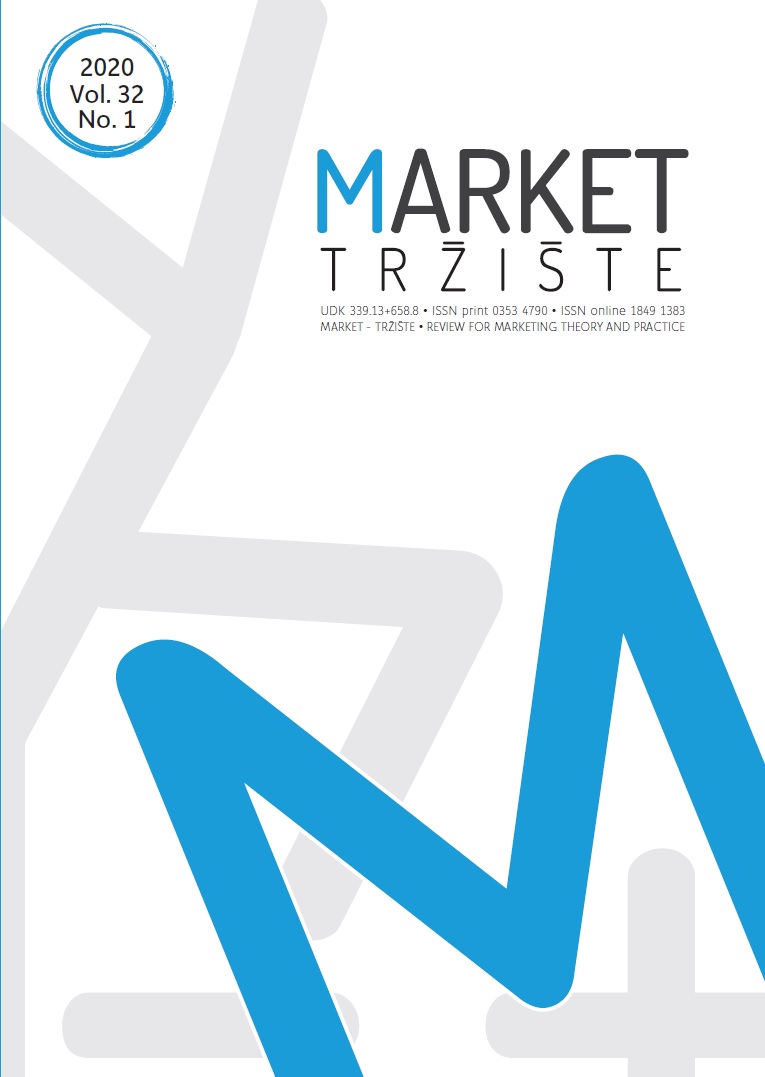Testing Different Loyalty Types in a Destination
Testing Different Loyalty Types in a Destination
Author(s): Marina Laškarin Ažić, Jasmina Dlačić, Vlado GaličićSubject(s): Marketing / Advertising, Tourism
Published by: CROMAR (Hrvatska zajednica udruga za marketing) i Ekonomski fakultet Zagreb
Keywords: loyalty to accommodation provider; destination loyalty; loyalty to the style of holiday; tourism experiences;
Summary/Abstract: Purpose – The purpose of this study is to explore three different loyalty types (loyalty to accommodation provider, destination loyalty, loyalty to the style of holiday) and how they are related to tourist satisfaction and experience motivation. Design/methodology/approach – Data were collected in the Opatija Riviera, Croatia, using an on-site survey. In total, 169 useful questionnaires were subjected to further analysis. Since this study develops a new model, exploratory factor analysis (EFA) was performed first, followed by structural equation modeling (SEM) using the partial least square method.Findings and implications – This study found that, among three loyalty types, overall satisfaction has the highest influence on loyalty to the style of holiday. Furthermore, this study revealed an important role of loyalty to the accommodation service provider in predicting destination loyalty. Limitation – The study has several limitations: (1) the research was limited to only one destination over a relatively short period of time; (2) some potentially important controls, e.g. income, education and gender, were neglected; (3) the study provides an explanation of structural relationships without testing potentially important differences on the path level. Originality – This study offers a new perspective of loyalty in the tourism and hospitality business, as these loyalty types have not been connected and tested together to date. It contributes to the existing findings of loyalty research in terms of new insights into tourism research methods, which were previously criticized as uninventive.
Journal: MARKET/TRŽIŠTE
- Issue Year: 32/2020
- Issue No: 1
- Page Range: 97-112
- Page Count: 16
- Language: English

